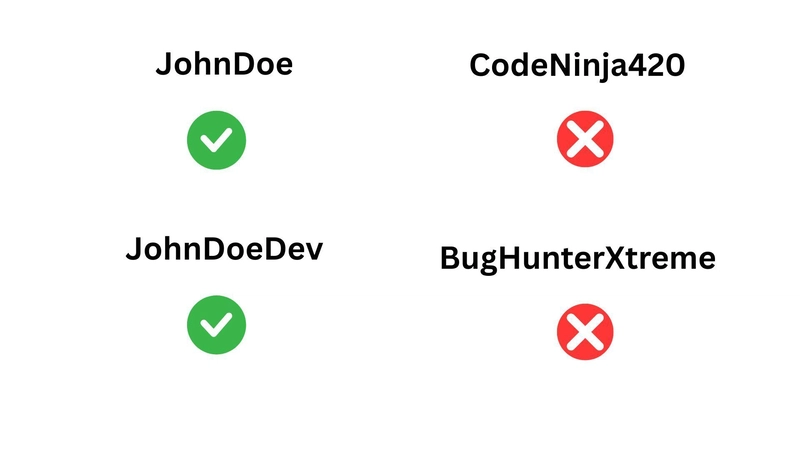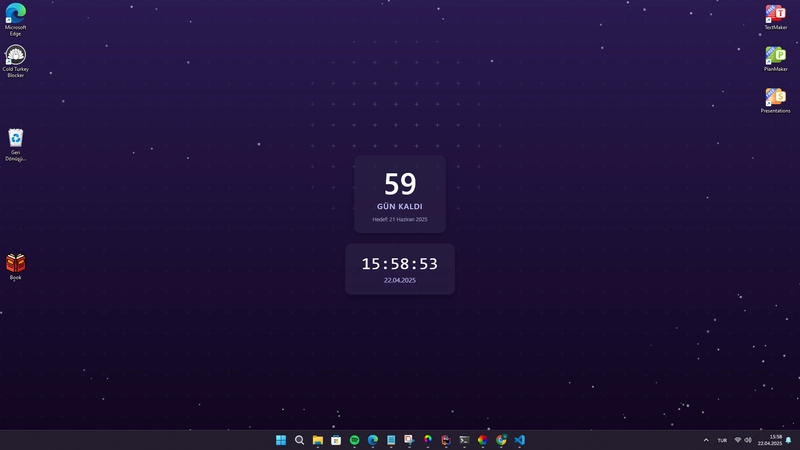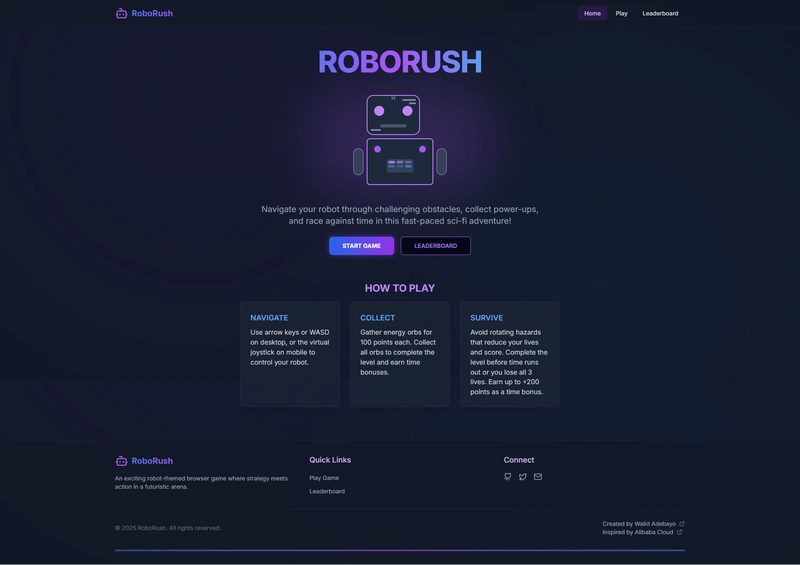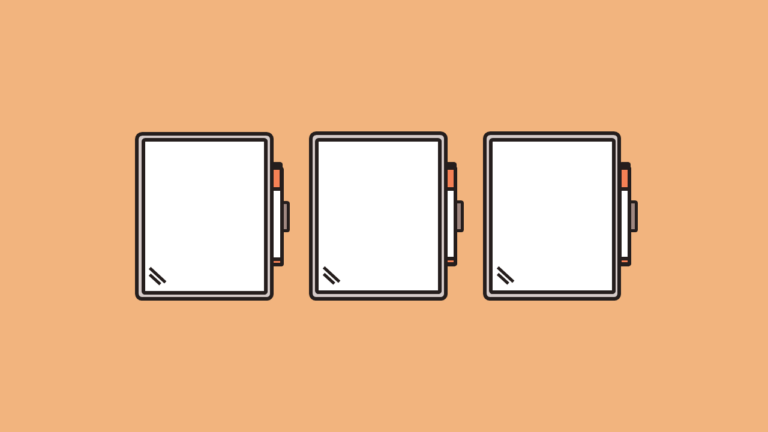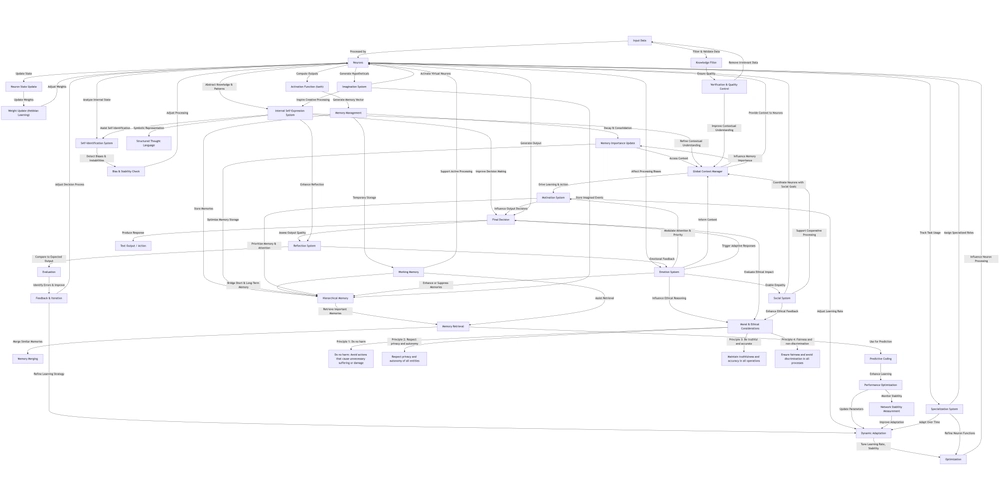Front-end Developer vs Front-end Engineer: What's the Real Difference?
In today’s fast-evolving tech world, job titles often blur together, and one of the most common areas of confusion is the difference between a Frontend Developer and a Frontend Engineer. While both work on the "front" of applications that users interact with, the roles aren't always identical. Understanding the distinction can help you better define your career path, hire the right talent, or navigate tech discussions with more confidence. In this article, we'll break down the true differences between a frontend developer and a frontend engineer — from skills to responsibilities, and even mindsets. What is a Frontend Developer? A Frontend Developer is primarily responsible for bringing visual designs to life and ensuring a great user experience. They translate UI/UX designs into fully functional web pages or applications. Core Responsibilities: Implementing responsive and accessible web interfaces. Building pages using HTML, CSS, and JavaScript. Working with frontend frameworks like React, Vue, or Angular. Ensuring cross-browser compatibility. Integrating with backend APIs to display dynamic content. Collaborating with designers to match the intended user experience. Focus Areas: Visual design to code translation. User interactivity and basic animations. Mobile-first and responsive development. Performance tuning at a basic level (e.g., image optimization). In short: A frontend developer ensures that users have a beautiful, functional, and responsive experience. What is a Frontend Engineer? A Frontend Engineer carries out all the duties of a frontend developer, but with a deeper technical focus. Their work doesn't stop at implementing designs — they also architect systems, optimize performance, and solve complex engineering challenges. Core Responsibilities: Designing scalable frontend architectures. Managing complex application states (e.g., using Redux, Zustand, or custom state managers). Performance optimization beyond surface-level tweaks (e.g., lazy loading, code splitting, bundle analysis). Implementing advanced testing strategies (unit tests, integration tests, end-to-end tests). Working with build tools (Webpack, Vite, Rollup) and CI/CD pipelines. Deep debugging (network issues, memory leaks, performance bottlenecks). Security awareness (XSS, CSRF prevention, secure authentication flows). Focus Areas: Application performance and scalability. Code maintainability and best practices. Setting up frontend infrastructure and tooling. Engineering for future-proofing (e.g., reusable design systems). In short: A frontend engineer thinks beyond the page — they design systems that are scalable, efficient, and maintainable Frontend Developer vs Frontend Engineer: A Head-to-Head Comparison (https://dev-to-uploads.s3.amazonaws.com/uploads/articles/bjc500nxtnno6ku8hguv.png) Why Does This Distinction Matter? For Developers: Knowing the difference helps you plan your growth. If you want to deepen your technical expertise and have a bigger impact on system architecture, aiming to become a frontend engineer might be your next step. For Hiring Managers: Setting the right expectations when hiring ensures you get the right skillset for the job at hand. For the Industry: Clearer role definitions lead to more efficient teams and better communication between departments. Final Thoughts At many companies — especially startups — the titles "Frontend Developer" and "Frontend Engineer" are used interchangeably. The real key lies in the depth of technical expertise and architectural ownership expected from the role. If you’re starting out, focus on mastering the fundamentals as a frontend developer. As you grow, dig deeper into engineering best practices and system design to transition into a frontend engineer role. Remember: It's not just about what you build — it's about how well you build it. ✍️ Written by: JAKER HOSSAIN Frontend Developer at expertsquad.net
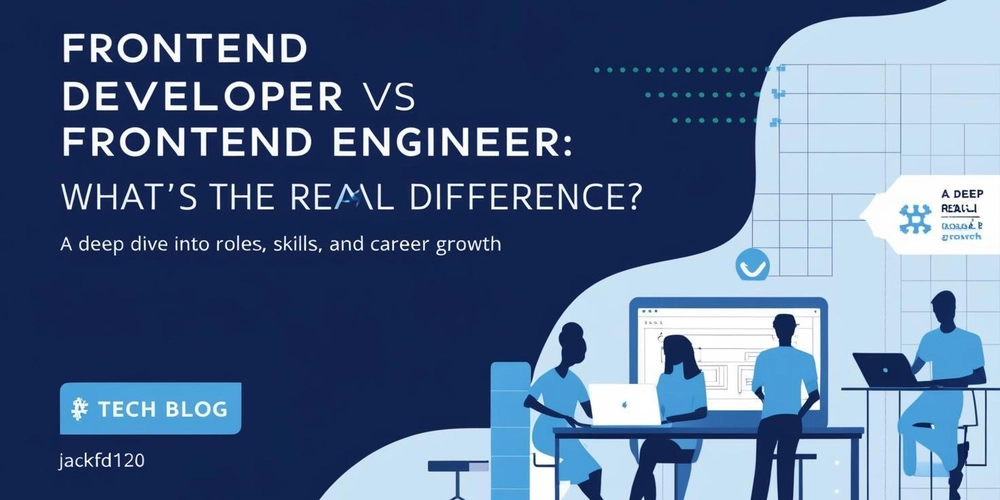
In today’s fast-evolving tech world, job titles often blur together, and one of the most common areas of confusion is the difference between a Frontend Developer and a Frontend Engineer. While both work on the "front" of applications that users interact with, the roles aren't always identical. Understanding the distinction can help you better define your career path, hire the right talent, or navigate tech discussions with more confidence.
In this article, we'll break down the true differences between a frontend developer and a frontend engineer — from skills to responsibilities, and even mindsets.
- What is a Frontend Developer?
A Frontend Developer is primarily responsible for bringing visual designs to life and ensuring a great user experience. They translate UI/UX designs into fully functional web pages or applications.
Core Responsibilities:
- Implementing responsive and accessible web interfaces.
- Building pages using HTML, CSS, and JavaScript.
- Working with frontend frameworks like React, Vue, or Angular.
- Ensuring cross-browser compatibility.
- Integrating with backend APIs to display dynamic content.
- Collaborating with designers to match the intended user experience.
Focus Areas:
- Visual design to code translation.
- User interactivity and basic animations.
- Mobile-first and responsive development.
- Performance tuning at a basic level (e.g., image optimization).
In short: A frontend developer ensures that users have a beautiful, functional, and responsive experience.
- What is a Frontend Engineer?
A Frontend Engineer carries out all the duties of a frontend developer, but with a deeper technical focus. Their work doesn't stop at implementing designs — they also architect systems, optimize performance, and solve complex engineering challenges.
Core Responsibilities:
- Designing scalable frontend architectures.
- Managing complex application states (e.g., using Redux, Zustand, or custom state managers).
- Performance optimization beyond surface-level tweaks (e.g., lazy loading, code splitting, bundle analysis).
- Implementing advanced testing strategies (unit tests, integration tests, end-to-end tests).
- Working with build tools (Webpack, Vite, Rollup) and CI/CD pipelines.
- Deep debugging (network issues, memory leaks, performance bottlenecks).
- Security awareness (XSS, CSRF prevention, secure authentication flows).
Focus Areas:
- Application performance and scalability.
- Code maintainability and best practices.
- Setting up frontend infrastructure and tooling.
- Engineering for future-proofing (e.g., reusable design systems).
In short: A frontend engineer thinks beyond the page — they design systems that are scalable, efficient, and maintainable
- Frontend Developer vs Frontend Engineer: A Head-to-Head Comparison
(https://dev-to-uploads.s3.amazonaws.com/uploads/articles/bjc500nxtnno6ku8hguv.png)
- Why Does This Distinction Matter?
- For Developers: Knowing the difference helps you plan your growth. If you want to deepen your technical expertise and have a bigger impact on system architecture, aiming to become a frontend engineer might be your next step.
- For Hiring Managers: Setting the right expectations when hiring ensures you get the right skillset for the job at hand.
- For the Industry: Clearer role definitions lead to more efficient teams and better communication between departments.
- Final Thoughts At many companies — especially startups — the titles "Frontend Developer" and "Frontend Engineer" are used interchangeably. The real key lies in the depth of technical expertise and architectural ownership expected from the role.
If you’re starting out, focus on mastering the fundamentals as a frontend developer. As you grow, dig deeper into engineering best practices and system design to transition into a frontend engineer role.
Remember: It's not just about what you build — it's about how well you build it.
✍️ Written by: JAKER HOSSAIN
Frontend Developer at expertsquad.net













